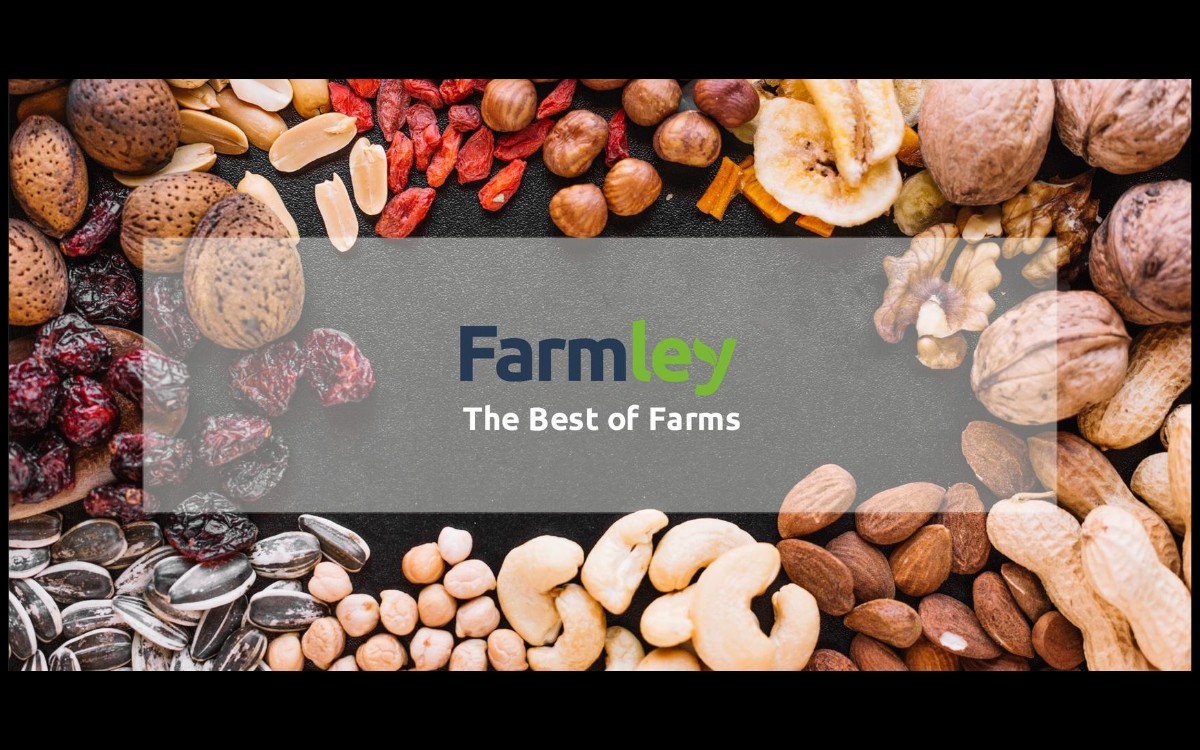Based in Delhi, Farmley, which raised $2 Mn in a seed funding round, led by Omnivore and others, has different plans for 2020. Their niche is farmers and supplying organic produce.
Bihar is known for Makhana or Fox Nuts, the popped seeds of a prickly water lily plant’s leaves is a lengthy and strenuous process that has evolved in the Mallah community of Bihar. The price of Makhana has increased in recent years as its appeal as a healthy, low-fat snack has grown around the world. It’s traders who gain from exports after they buy makhana in bulk.
Farmley has a Makhana collection center in Bihar and has been teaching growers to segregate the nuts by size, color, moisture, and other parameters. This helps the farmers; growers get a better price for higher quality Makhana. It makes them aware of the qualities in the market of retailers, exporters, and food processing brands. Armed with knowledge about the demand as well as how to achieve those qualities, the growers fare better.
“Even after taking into account the expenses for segregating, grading, and automation, growers are able to increase margins and profits, so it’s not just traders who make good money,” says Akash Sharma, co-founder, and CEO of Farmley.
Akash Sharma and Abhishek Agarwal, both IIT grads, launched Farmley three years ago as a specialized B2B (business-to-business) marketplace for high value, non-perishable food like nuts, seeds, dry fruits, spices, and honey.

Recently, it created a Farmley brand of such products, making them available in retail and eCommerce outlets.
“Most of the farmer producer organizations (FPOs) and small and medium processors that we deal with have very limited understanding of the evolving quality parameters and manufacturing practices that can increase their incomes,” says Sharma. “The price and supply chain arbitrage in these commodities is huge.”
Since the commodities are perishable in nature, the focus has been on quick delivery to offer freshness and avoid spoilage, usually within a radius of 100-200 km of a city. For items such as dry fruits, segregation, grading, and automation that make a difference in returns.
“Niche food supply chains are coming up the world over in cash crops, especially those with geographic specificity and superfoods with health benefits,” says Abhilash Sethi, principal at Omnivore. “Global examples are moringa, hemp, quinoa, avocado, seaweed, and insect-based protein. In India, makhana, millets, mushrooms, and artisanal coffee have come up.”
Despite disruptions due to COVID, Sharma says Farmley is procuring 300 metric tonnes of produce, which is twice as much as what it was doing at the start of the year.
